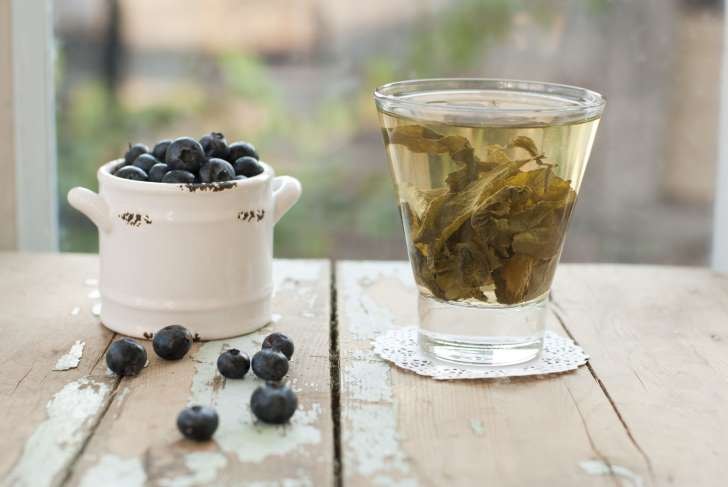Nutrients to prevent brain aging
While genetics and exercise play a role in brain health and dementia risk, diet also has a big impact. There is no magic pill that can cure or completely prevent dementia or Alzheimer's disease, but scientists have been able to identify certain nutrients that are linked to improved cognitive function or memory. Maintaining a diet rich in foods containing these nutrients may help slow the aging of the brain.
Cocoa flavanols
Cocoa flavanols are found naturally in cocoa and have been linked to brain health benefits, making dark chocolate better than regular chocolate that has added milk and sugar. A 2014 study looked at the effects of a diet high in cocoa flavanols over a three-month period. Researchers focused primarily on the dentate gyrus (DG), a part of the brain that forms the hippocampus, whose decline is often associated with aging. Scientists believe this part of the brain is involved in memory loss. After eating cocoa flavanols, participants showed increased DG function.
Omega-3 fatty acids
Fish rich in omega-3 fatty acids such as salmon, mackerel, and tuna are not only good for heart health but also boost brain health.
According to a 2014 study, mice supplemented with omega-3 polyunsaturated fatty acids had improved cognitive function as they aged, showing better object recognition, spatial memory, and reaction time.
 |
Nuts with hard shells
Nuts also contain omega-3 fatty acids, like fish, so adding nuts to your diet along with fish will give you an extra boost of these fatty acids. Walnuts, in particular, also protect against memory loss. In a recent large-scale analysis, researchers found that a diet supplemented with walnuts, which are rich in omega-3 fatty acids, vitamin E, folate, antioxidants, and melatonin, improved adults’ performance on a series of six cognitive tests.
Magnesium
Scientists believe that magnesium deficiency is linked to cognitive decline, brain aging, and eventually dementia. Therefore, supplementing magnesium through magnesium supplements or by eating magnesium-rich foods such as beets, spinach, pumpkin seeds, yogurt, almonds, black beans, avocados, figs, dark chocolate, and bananas can help combat the effects of brain aging.
Blueberries
Blueberries aren’t just delicious, they can also help boost your memory. According to a 2010 study, blueberries have been shown to have antioxidant and anti-inflammatory effects. They also contain anthocyanins, compounds linked to increased nerve signaling in the memory area of the brain. In the study, researchers found that participants who drank blueberry juice daily had improvements in both learning and recall of word lists, and they showed reduced symptoms of depression and glucose levels.
Cruciferous vegetables
According to the National Institute on Aging, eating plenty of fruits, vegetables, and whole grains can help prevent cognitive decline as well as other chronic diseases such as heart disease and type 2 diabetes. Green leafy vegetables, especially cruciferous vegetables (like broccoli and spinach), have been shown to significantly reduce the rate of cognitive decline. In studies, the Mediterranean diet (which includes vegetables, beans, fruits, whole grains, fish, olive oil, moderate alcohol intake, and low intake of saturated fat, dairy, meat, and poultry) has been shown to be beneficial for cognitive health compared to a Western diet high in fat, starch, and meat.
Green tea
Green tea has many health benefits, including helping to protect brain health. In a recent study from the University of Basel, researchers found that green tea extract boosted thinking and memory performance. Participants scored higher on memory tasks after taking green tea extract, and MRI scans showed increased connectivity between the parietal and prefrontal cortex, suggesting that green tea may increase the brain’s short-term synaptic plasticity.
According to SKDS/MSN






